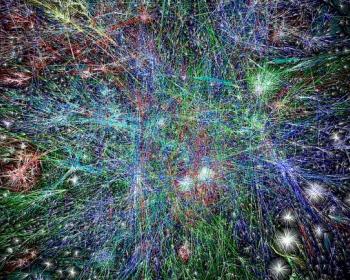norms
APC believes that civil society has a key role to play in the implementation of cybersecurity norms through research grounded in local and national contexts, and increasing awareness and building capacity of stakeholders for norms compliance.
There are numerous tools, agendas and frameworks that cybersecurity policy makers can draw upon when seeking to promote a gender perspective within local or multilateral cybersecurity.This paper presents an overview of the most relevant of these instruments.
Although multilateral forums including the United Nations have made some progress in identifying norms, rules and principles to guide responsible state behaviour in cyberspace, applying agreed norms to "real life" throws up challenges of interpretation and enforcement.
Cybersecurity is a human rights issue. Human rights defenders, groups that are subject to discrimination, and journalists, among others, rely on the internet to exercise their rights. An open, secure, stable and rights-based internet can only be ensured with the involvement of all stakeholders.
Global cyber governance, including the protection of a secure and stable cyberspace, cannot be limited to any one actor. Therefore, an inclusive approach to maintaining peace and stability in cyberspace is needed, as emphasised by the organisations who jointly submitted this feedback to the OEWG.
At the UN First Committee, two processes – the UN Group of Governmental Experts (GGE) and the Open-ended Working Group – are exploring the same question: responsible state behaviour in cyberspace. This paper examines norms in cyberspace, or "cyber norms", and their relevance to human rights.








